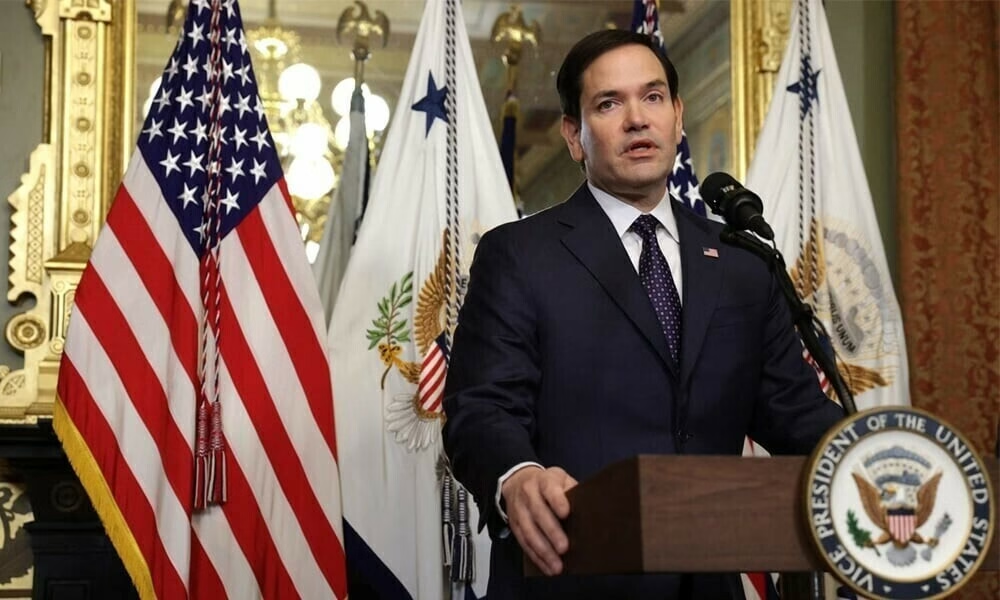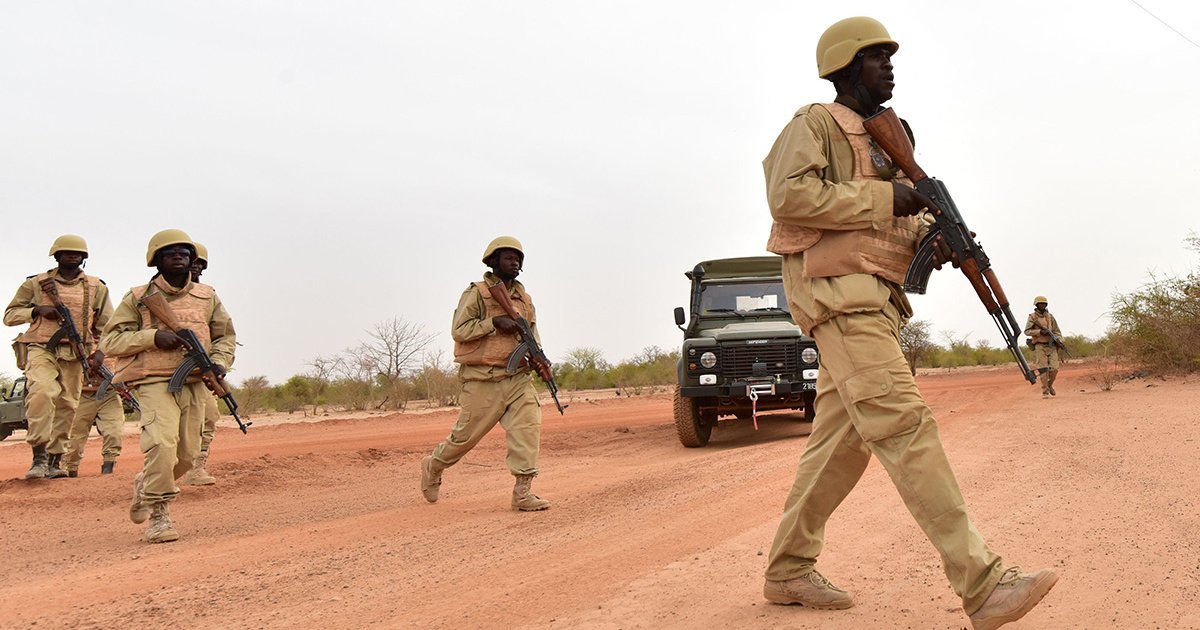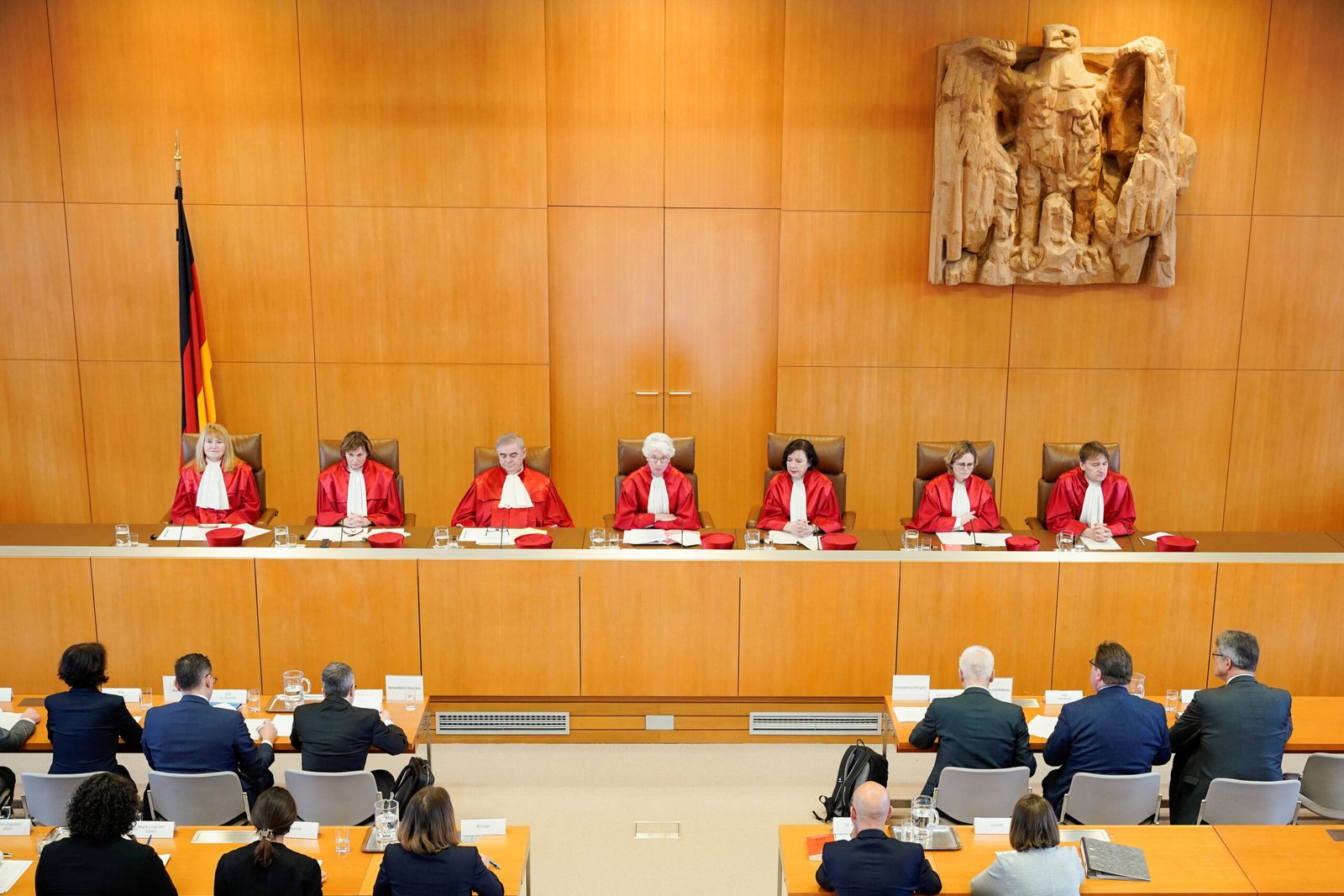The recent announcement of US sanctions on ICC judges has intensified debates over international justice, sovereignty, and foreign policy. On Wednesday, the United States imposed sanctions on four International Criminal Court (ICC) judges and prosecutors, including officials from close allies such as France and Canada. The move reflects Washington’s strong opposition to ICC actions targeting American and Israeli nationals and highlights the growing tensions between global institutions and state sovereignty.
Why the US Imposed Sanctions on ICC Judges
According to Secretary of State Marco Rubio, the US sanctions on ICC judges are aimed at countering what Washington views as a misuse of international legal mechanisms. Rubio described the ICC as a “national security threat” that has engaged in “lawfare” against the United States and Israel. The four sanctioned individuals had been involved in proceedings related to alleged war crimes by US forces in Afghanistan and the issuance of arrest warrants for Israeli Prime Minister Benjamin Netanyahu and former defense minister Yoav Gallant.
Rubio emphasized that these actions were taken without the consent of either the United States or Israel, reinforcing Washington’s longstanding position that the ICC lacks jurisdiction over non-member states.
Who Are the Judges and Prosecutors Targeted?
The individuals sanctioned include:
- Judge Nicolas Guillou of France – currently presiding over a case that resulted in an arrest warrant for Israeli Prime Minister Netanyahu. Guillou previously worked in the US Justice Department during Barack Obama’s presidency.
- Judge Kimberly Prost of Canada – involved in authorizing investigations into alleged crimes committed in Afghanistan, including those by US personnel.
- Nazhat Shameem Khan of Fiji and Mame Mandiaye Niang of Senegal – both deputy prosecutors accused by Washington of supporting what it calls illegitimate ICC actions against Israel.
These sanctions not only restrict their entry into the United States but also block any financial assets they may hold within the US system.
Historical US Opposition to the ICC
The United States has never fully supported the ICC, despite being involved in negotiations during its establishment in 2002. Successive administrations have argued that the court undermines national sovereignty. The Trump administration, in particular, took a hardline stance, refusing to recognize the ICC’s jurisdiction and even sanctioning its officials in 2020 when investigations into Afghanistan were first announced.
Today’s decision continues that trajectory, reaffirming Washington’s view that the ICC should not prosecute American or Israeli nationals. This comes even as the court is recognized and supported by most European democracies and nearly 124 member states worldwide.
International Reactions and Rising Tensions
The decision to impose US sanctions on ICC judges has sparked widespread concern among international legal experts and human rights groups. Critics argue that such measures weaken the global justice system and embolden states accused of serious crimes.
For instance, Amnesty International criticized previous US sanctions on ICC officials, calling them a direct attack on victims seeking justice. European leaders have also expressed unease, especially as this latest move involves judges from France and Canada – two nations considered key US allies.
The Israel Factor in the ICC Dispute
At the heart of the controversy is Israel. The ICC recently authorized arrest warrants against Prime Minister Netanyahu and former defense minister Yoav Gallant in cases brought forward by the State of Palestine. While Palestine is a recognized member of the ICC, the United States and Israel are not.
Washington’s sanctions are therefore seen as a clear message of support for Israel. This comes at a time of heightened tensions in the Middle East and ongoing debates over accountability for alleged war crimes.
Broader Implications for Global Politics
The imposition of US sanctions on ICC judges raises key questions about the future of international justice. On one hand, the move underscores the power of national sovereignty and Washington’s unwillingness to submit to outside jurisdiction. On the other, it risks undermining global efforts to hold powerful nations accountable for war crimes.
Moreover, the sanctions highlight inconsistencies in US foreign policy. While Washington rejects ICC investigations into its own actions, it has previously supported international legal action against adversaries such as Russia. For example, Russian President Vladimir Putin currently faces an ICC arrest warrant related to the war in Ukraine, limiting his ability to travel internationally. Yet, the United States continues to reject ICC authority when it comes to its allies.
The latest US sanctions on ICC judges deepen the divide between Washington and international institutions. While intended to protect American and Israeli officials from prosecution, the move risks isolating the United States from allies who continue to support the court.
As the debate continues, the future of the ICC and its role in global justice remains uncertain. Will the court withstand mounting political pressure, or will powerful nations succeed in limiting its reach? What is clear is that the tension between sovereignty and international accountability is far from resolved.



